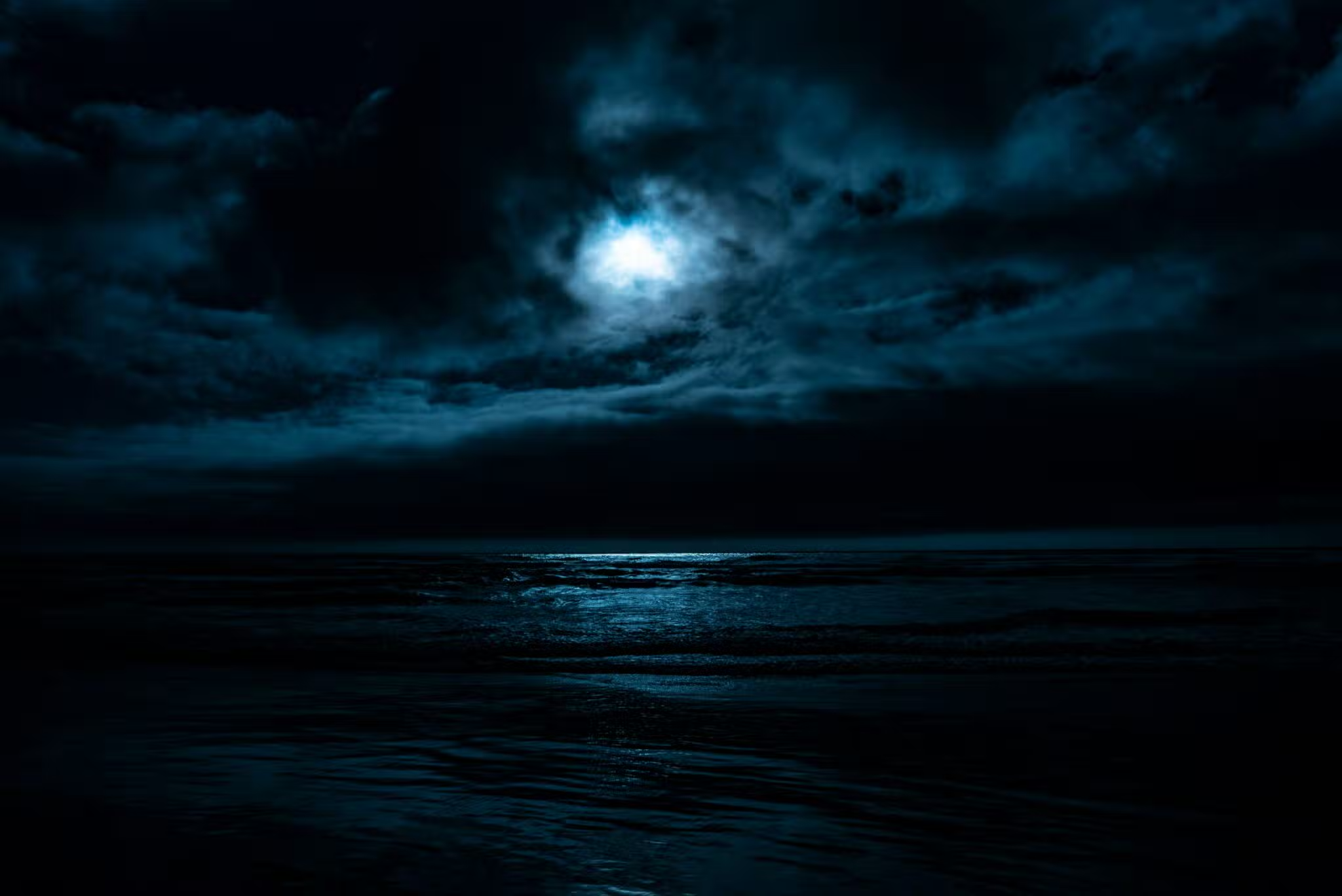Father Ronald Rolheiser, OMI, began writing his column “In Exile” in 1982. Franciscan Media is honored to publish one of Father Ron’s columns every month. Click here to read his weekly column or explore the column archives.
Pre-order his new book Insane for the Light: A Spirituality for Our Wisdom Years.
The classical atheistic thinkers of the Enlightenment, philosophers such as Frederick Nietzsche and Ludwig Feuerbach, taught that all religious experience is simply human projection. God does not exist. We create God, and we create him in our image and likeness, ultimately to serve our needs. We create the notion of God because we need a God for our own purposes. Moreover, what we believe to be God’s word, divine revelation (scriptures, creeds, and dogmas) is all ultimately human projection.
How true is this?
They are largely correct, not in that God doesn’t exist, but that we are forever shaping and distorting the idea of God and God’s word to serve our own needs. We have God’s word in Christ and in our scriptures, but we are forever shaping it to fit our needs. That’s why we have so many different religions and Christian denominations. That’s also why (by happy coincidence) God always hates the same people we do and always loves the same people we love.
When atheists tell us that God is a human projection to serve our needs, they are doing us a favor because they are holding up a mirror in which we can see that, in fact, we do perennially shape and distort divine revelation so that it works for our advantage. Their critique keeps pressure on us to clean up our notion of God and divine revelation.
But, while they may be 90% correct, they are 10% wrong, and that 10% makes all the difference. In that 10%, we allow God to flow into our lives in a way that we cannot shape or distort the experience but only receive it purely.
This happens in what mystics call “dark nights of the soul”, and that phrase refers to those times in our lives when our natural faculties of imagination, intellect, and affectivity (as they pertain to God and faith) are at an impasse, paralyzed, and unable to function. All our former ways of imagining and thinking about God now feel empty, counterfeit, useless. We can no longer imagine that God exists, feel like atheists, and are unable to think our way out of that helplessness.
That helpless condition, when we can no longer imagine God or affectively feel God’s presence, is in fact a gift. Why? Because when our natural faculties are paralyzed, we are also paralyzed in our ability to imagine God. Now we can only receive God as God is, not as we imagine God to be. We no longer have the power to shape or distort our experience.
The ultimate example of this, of course, is Good Friday, that time in history when the Gospels tell us it grew dark at midday. Good Friday was the ultimate “dark night of the soul” for Jesus’ followers.
They had been following him, listening to his word, his revelation; but, notwithstanding Jesus’ repeated attempts to correct their view, they had shaped and distorted his person and his words to fit their own notion of what they wanted in a Messiah. What they wanted was a divine superman who would destroy all their enemies, be dazzling in glory, and bring glory to them.
Good Friday completely devastated them. Jesus died in a horrible manner, stripped naked, shamed, beaten, powerless, seen as a criminal. That shattered all their expectations of how they imagined a Messiah should be. There was no earthly glory, only shame, and no overt display of divine power. That completely shattered their religious understanding.
They were stunned, literally. Every notion they had of what a Messiah should be was turned upside down. They were mute imaginatively, unable to imagine how any of this could make sense. Their religious world had turned dark in the middle of the day. Indeed, it took some years (and the insights of St. Paul) for light to appear again, before the meaning of Good Friday broke through to them, before it made sense.
But then it broke through cleanly, without distortion, because the religious dark night that paralyzed them on Good Friday had left them imaginatively, affectively, and intellectually disabled completely in terms of interpreting what was being spoken to them through Jesus’ unexpected shameful death. Consequently, they couldn’t distort their experience but only receive it.
In the remarkable book The Crucified God, Jurgens Moltmann writes: “Our faith begins at the point where atheists suppose it must end. Our faith begins with the bleakness and power which is the night of the cross, abandonment, temptation, and doubt about everything that exists! Our faith must be born where it is abandoned by all tangible reality; it must be born of nothingness; it must taste this nothingness and be given it to taste in a way no philosophy of nihilism can imagine.”
That was the experience of Good Friday, and that is the experience of what mystics call a “dark night of the soul.” And it is inside the frustrating darkness of that experience that God can flow into our lives without distortion.

